Judge sides with Chicago Archdiocese, Approves Housing Project; Libertyville to Appeal
The Village of Libertyville is moving forward in a court case regarding land use of the former Mundelein seminary by appealing a Lake County judge’s February decision to allow the Chicago Archdiocese to build a housing development on their land.
The Archdiocese owns a vacant 97-acre plot of land in what used to be the seminary. The Catholic Bishop of Chicago submitted zoning requests and applied for building permits in an attempt to get permission from the Village of Libertyville to build a 148-house development with Roanoke Group LLC. However, the village, citing traffic concerns and safety issues, blocked the construction. The Archdiocese filed a lawsuit in an attempt to allow the plan to proceed.
Lake County Judge Michael J. Fusz ruled that Libertyville’s decision to block the housing development was “unreasonable and arbitrary.” This decision allows the Catholic Bishop of Chicago to proceed with its contracted buyer, Roanoke Group LLC. However, the Libertyville Village Board voted 6-0 to challenge the ruling against the village.
Judge Fusz found that the proposed development was reasonable and that the village relied on limited information regarding traffic disruption and other public safety concerns. Fusz ordered the development plan be implemented and that it should include a traffic light installation at the Lake Street and Butterfield Road intersection.
The ruling came after the Chicago Archdiocese filed a lawsuit when the village board blocked four out of five zoning requests and other permits for the development in 2017.
Roanoke Group LLC had a contract to buy the unused land from the Archdiocese for $15 million, contingent on village approval. The land is on the northern portion of 97 acres in Libertyville owned by the Archdiocese and is part of the St. Mary of the Lake Seminary. The rest of the seminary’s land is in Mundelein.
Libertyville Mayor Terry Weppler, who is also a retired attorney, said that the village decisions were not arbitrary and that he believes the ruling was wrong.
Mayor Terry Weppler commented that “In mid-March, Mayor Terry Weppler commented to the Daily Herald that “ [the village board] heard from our residents and they want us to continue [fighting against this proposed development].”
Libertyville has spent about $145,000 in the court proceedings, which pitted the Archdiocese and what it saw as its right to use its property against the village and what it believed was its power to ensure the health and safety of residents through zoning and land-use regulations.
Roanoke’s managing partner Peter Kyte said in an official statement that “the court’s ruling confirms that this project should have been approved.”
Weppler also mentioned that he was told by the Archdiocese that the lawsuit was filed as a placeholder in advance of further discussions but that every attempt at further dialogue has been met with silence.
The Archdiocese maintains that it “has always indicated a willingness” to discuss village officials’ concerns, said Anne Maselli, the archdiocese’s director of communications.
“Vacant property, such as the one being discussed, benefits neither the church nor the community,” Maselli said in a March interview with the Daily Herald.
In regards to the Archdiocese’s plan and moving forward with the village, Maselli added, “We look forward to proceeding with a development plan that is respectful of the neighborhood and can contribute many important benefits to the community while supporting the church and its mission.”
Whether the land will be developed or not is still in the air as Libertyville moves forward with its court case, leaving the Archdiocese and Roanoke Group LLC at a standstill.
Correction: The initial version of this article incorrectly paraphrased a quote from Mayor Weppler. The story was updated on April 5 to correct this mistake.



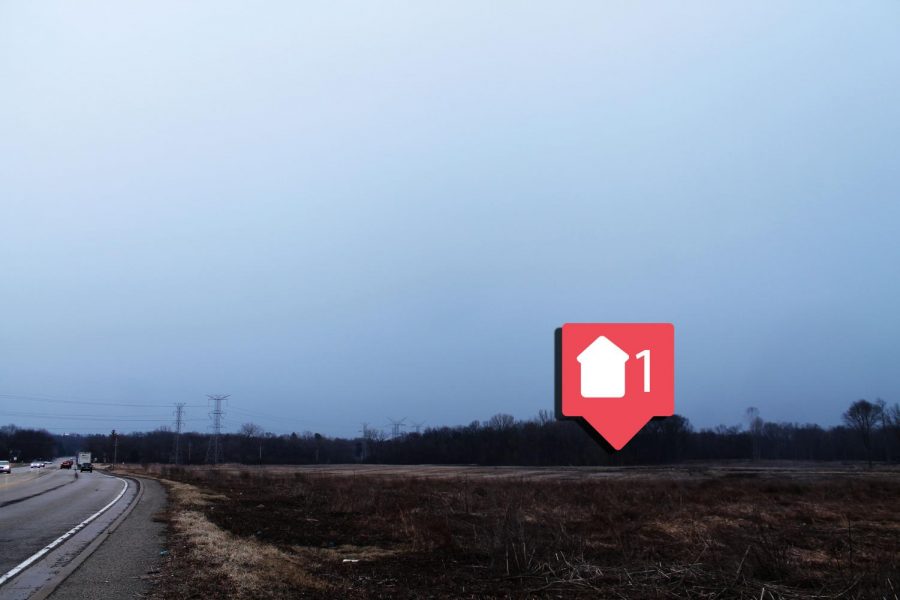
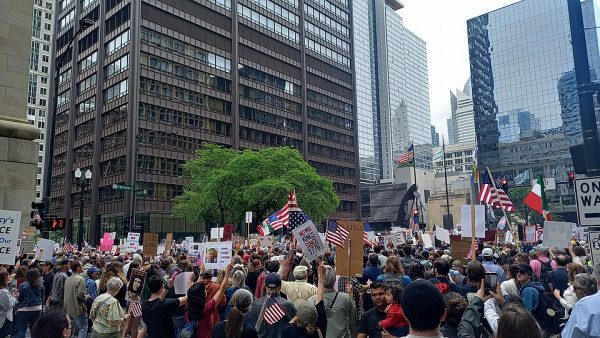
![Wildcats do their pre -race circle that consists of chants and cheers to hype up the team. “I think cross country is such an interesting sport, in the way we're all kind of struggling together at the same time," senior Emme Fogle said. "[We have] comfort knowing that everyone's kind of going through the same thing. It's kind of incredible.”](https://www.lhsdoi.com/wp-content/uploads/2025/09/Screenshot-2025-09-25-3.14.42-PM-600x361.png)
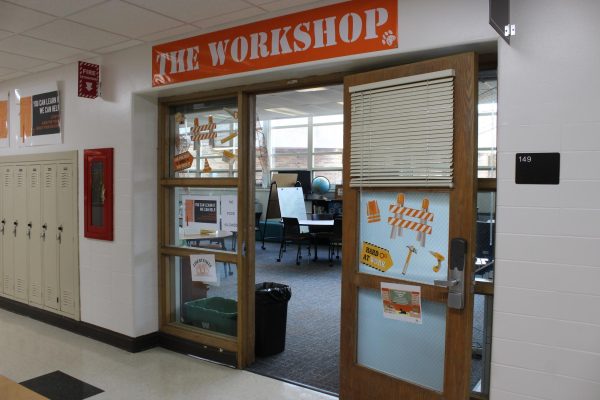

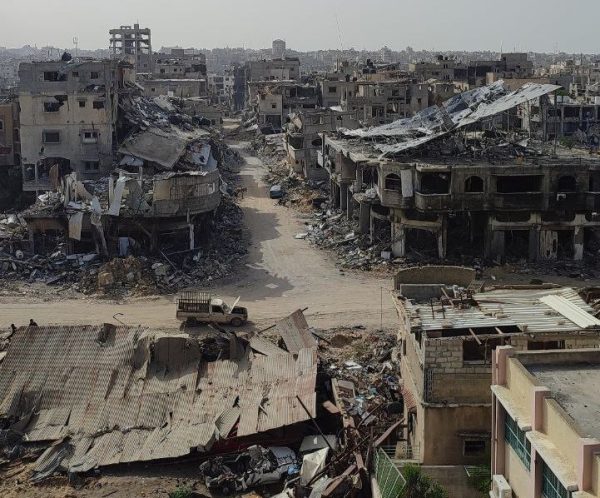
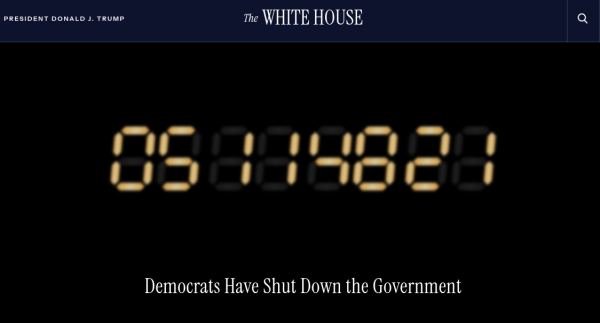

TERRY WEPPLER • Apr 3, 2019 at 1:41 pm
Just a brief clarification. My comment about residents wanting to continue relates to appealing the lawsuit, not that we would not allow anything on the property.